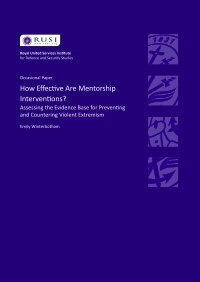By Heather MacLeod, et al., GAO
The U.S. economy depends on the quick and efficient flow of millions of tons of cargo each day throughout the global supply chain. However, U.S.- bound vessels and maritime cargo shipments are vulnerable to criminal activity or terrorist attacks that could disrupt operations and limit global economic growth and productivity. The James M. Inhofe National Defense Authorization Act for Fiscal Year 2023 includes a provision for GAO to assess federal efforts to secure U.S.-bound vessels and maritime cargo from national security-related risks. This report addresses (1) how DHS secures these vessels and cargo from supply chain risks, (2) the extent that DHS used selected leading collaboration practices, and (3) the extent that DHS assessed its approach. GAO reviewed agency policies, procedures, and collaboration efforts and government-wide strategy documents, and assessed DHS collaboration efforts against five relevant leading practices identified in prior GAO work. GAO also interviewed Coast Guard and CBP officials from 16 field locations at a non-generalizable sample of eight U.S. seaports selected for varying volumes of cargo and diversity of geographic regions. What GAO Recommends GAO recommends that the Coast Guard, with sector partners, develop objective, measurable, and quantifiable performance goals and measures and use this performance information to assess progress towards the goals and effectiveness of the layered approach to securing vessels and maritime cargo on an ongoing basis. DHS concurred with our recommendations.
Washington, DC: United States Government Accountability Office, 2025. 56p.





